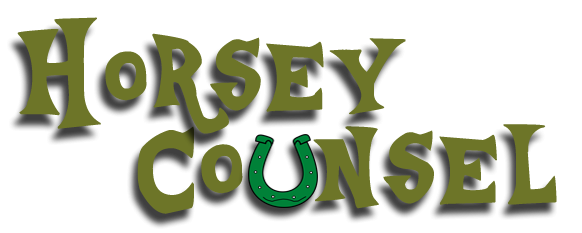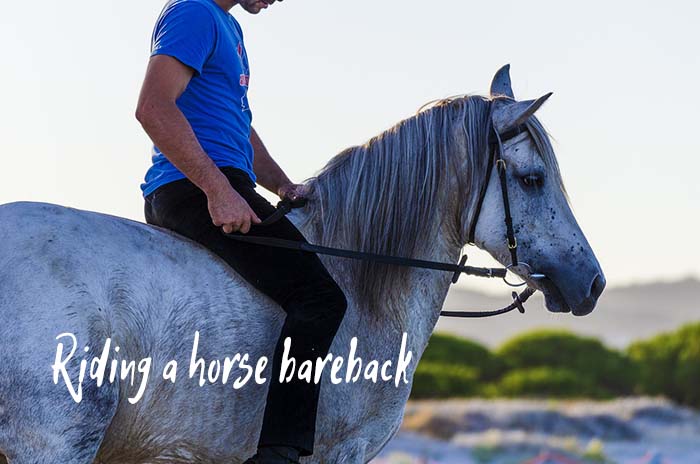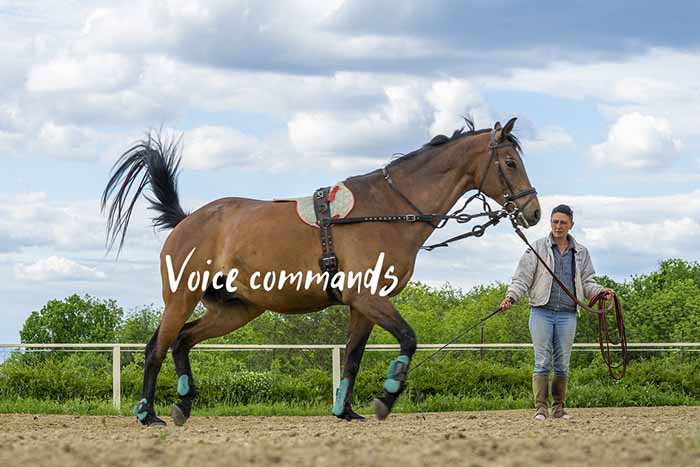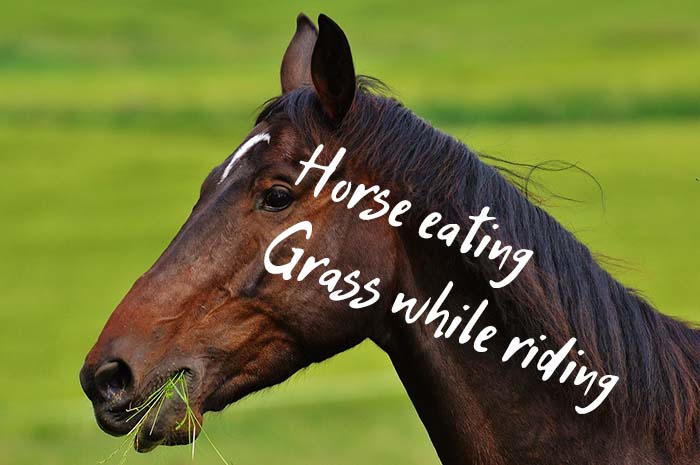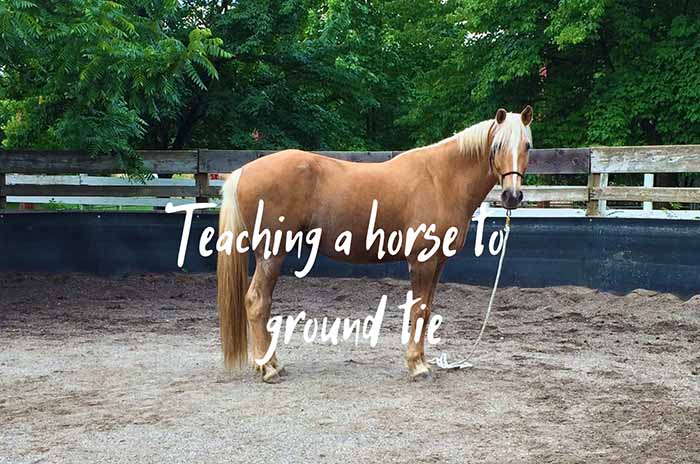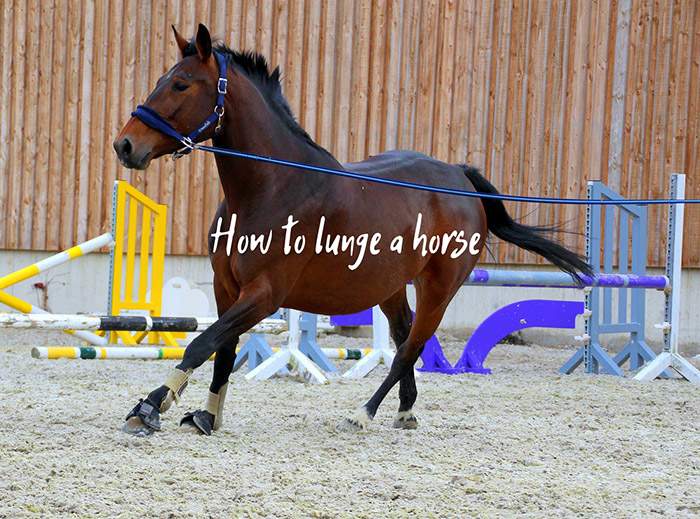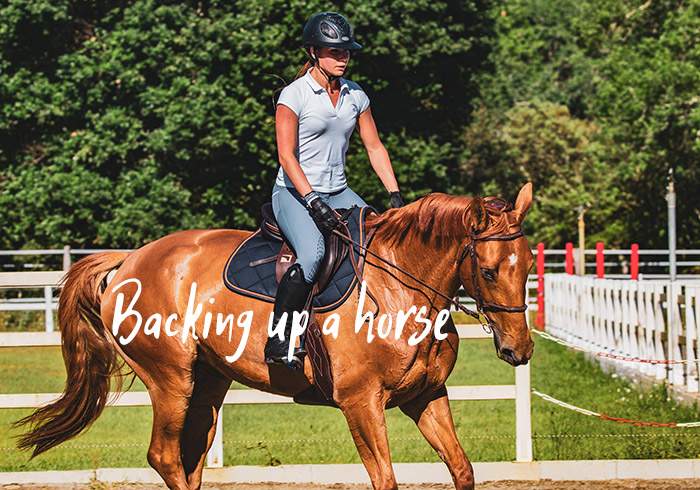Do Horses Forget Their Training After a Period of Inactivity?
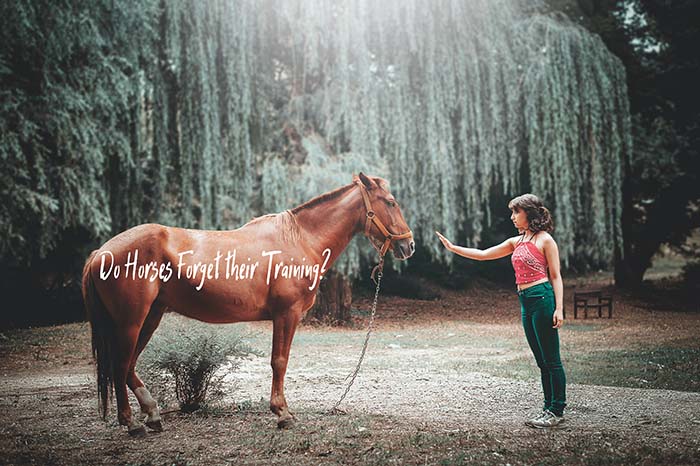
There might come a time in your life when you might not be able to ride your horse or spend time with it for weeks or even months. In that case, will your horse forget its training, and will you have to retrain it again once you come back?
The good news is that horses have some of the best memories in the animal kingdom, second maybe to elephants in that regard. Therefore, your horse will not forget its riding training, and it will still know how to behave even after a period of inactivity. However, that’s not to say that it will be perfect at it.
The horse will need to go through a period of adjustment. You’ll have to revisit the basics, particularly groundwork, in order to make sure that your horse is ready for the saddle once more.
How can we retrain a horse to ride after a period of inactivity?
Why would we need to go through all of this if the horse can still remember its training? Because we have to do everything we can to prevent injury. There is such a thing as muscle memory and reflex training.
When a horse gets ridden every day, it becomes more accustomed to the road and to the weight of the rider. The horse knows how to tackle obstacles without thinking about it. Practice makes perfect, and the lack of practice makes the opposite of that.
Groundwork is very important at first.
With groundwork, we can prepare the horse’s joints and muscles for the riding sessions that are to come. Moreover, we remind the horse to respect us, and we tighten our bond with it in the process. Some of the most basic exercises involve flexing the neck, yielding the hindquarters and forequarters, and backing up. A well-trained horse will respond to these commands immediately.
After being inactive for a while, your horse might not be so quick to respond. Practice these exercises daily until you are satisfied with your horse’s behavior.
Exercising on the lunge line.
Another thing you can do is to exercise your horse on the lunge line. At first, the horse might be a bit too eager, which could increase the chances of injury. Make sure to release some of the equine’s physical and mental energy beforehand. The groundwork exercises that I mentioned above can be of great help.
Start off with those for a few days before moving over to the lunge line. Once the horse is ready, you only need to use the lunge line for about five minutes on the first day. The next day, you can add another three to five minutes of walking and trotting to the routine. The end goal should be to walk and trot for 20 minutes each.
The riding sessions themselves.
By this point, your horse should be ready for some actual riding sessions. You can take it out for a 40-minute trail ride, or for about 20 minutes of walking and trotting. After each session, take note of your horse’s fatigue levels. After it stops displaying clear signs of fatigue at the end of the rides, you can add some minutes of cantering into the mix.
You can train your horse in this way for about a month. Afterward, add some variety to the routine by going on slow and long rides complemented by short, intense conditioning sessions.
Strength exercises.
You see, while the horse will not forget its riding training, it will definitely lose some of its fitness as it sits on idly. Strengthening the horse’s back, hindquarters, and abdomen muscles should be your top priority as you prepare your horse for future rides.
The best way to do this is by walking and then trotting over ground poles. You can also use hill work to your advantage by allowing the horse to run up and down on hills. For more information about improving your horse’s fitness, I’ve written a comprehensive article on the subject that you can find right here.
What do other riders say?
In order to back up my claims, I went ahead and scoured some forums in order to find out what other horse owners had to say on the subject. The general consensus is that horses do indeed remember their training.
Some of these riders have clearly stated that their horses have been inactive for up to two years. Upon return, the equines remembered their training without any issues, although some of them were a bit lazy at first.
“I say a horse never forgets his training if he knows it down pat. but he will become spunky and will probably act up if he hasn’t been ridden in a long while. My mare used to try and run me over at the beginning of the yr and now that she’s being worked she’s amazing!”
Another horse owner had this to say:
“My horse sat for almost two years when I was at college… he came out riding just as good when I put him away, only he didn’t have the muscle to do some of what I asked him.”
And one last example:
“My gelding has gone about a month or more without doing anything. When I take him out, he’s spunky, but he remembers the stuff that I drilled into him.”
Conclusion.
Your horse will remember its training and will do its best to perform well for you once you get back in the saddle. However, it is our responsibility to take note of the horse’s fitness levels and to improve what needs to be improved. In its excitement, the horse might try to perform some physical feats that it just isn’t ready for.
That’s the main danger of riding a horse right after a period of inactivity. Fortunately, by following the steps that I outlined above, you and your horse will be able to enjoy many trail rides together even after spending some months or years apart.
